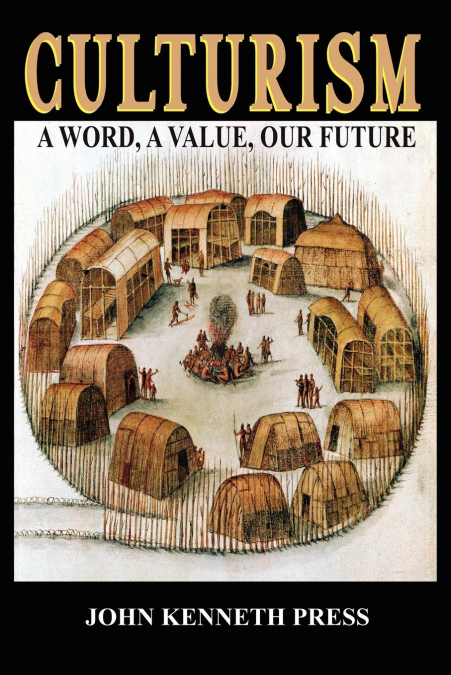
 Librería Perelló (Valencia)
Librería Perelló (Valencia)
 Librería Aciertas (Toledo)
Librería Aciertas (Toledo)
 Librería Elías (Asturias)
Librería Elías (Asturias)
 Donde los libros
Donde los libros
 El AlmaZen del Alquimista (Sevilla)
El AlmaZen del Alquimista (Sevilla)
 Librería Kolima (Madrid)
Librería Kolima (Madrid)
 Librería Proteo (Málaga)
Librería Proteo (Málaga)
Culturism is the opposite of multiculturalism. Rather than stress our diversity, culturism asks that we stress our unity. To do so we must protect and promote our traditional majority western culture. Outside of the West, all nations have always had culturist policies. China, Saudi Arabia, and Mexico are current practitioners of culturism. Unlike multiculturalists, culturists take cultural diversity seriously. If we were to take culture seriously we would: avoid wars designed to make Islamic nations progressive, have rational border laws, understand that racial profiling is really culturist profiling, know that the achievement gap reflects cultural results rather than society’s racism, and be able to discuss the importance of diversity without multiculturalists easily smearing us as racist. Racism is irrational and evil. But because cultural diversity is real, culturism is rational and necessary. The book Culturism: A Word, A Value, Our Future, explores the many dynamics of traditional culturism in an entertaining fashion. A chapter shows that the U.S. has traditionally been a culturist nation. One chapter shows the difference between the West and the rest. The anthropology chapter explodes the myth of universal human nature. In a chapter on nature, we see that animals are culturist. The psychology chapter shows our natural propensity for group joining and the philosophy chapter reminds us that philosophers have traditionally worked on discussions of political and cultural survival. Culturism should be a unifying theme for our schools’ curriculum.Above all, Culturism: A Word, A Value, Our Future argues that we need to use and spread the words ’culturism’ and ’culturist’ to challenge multiculturalists’ current dominance over public discourse.